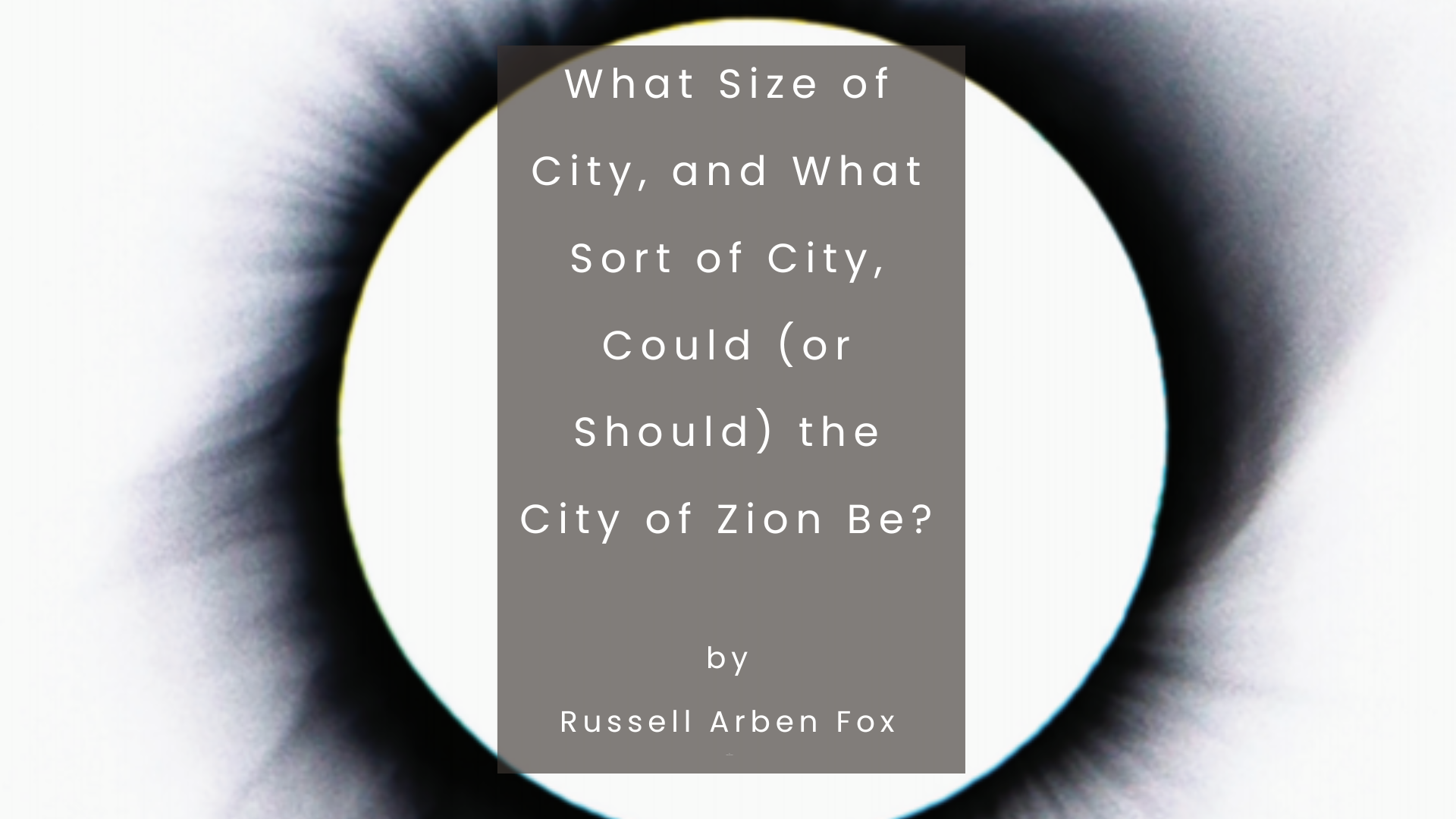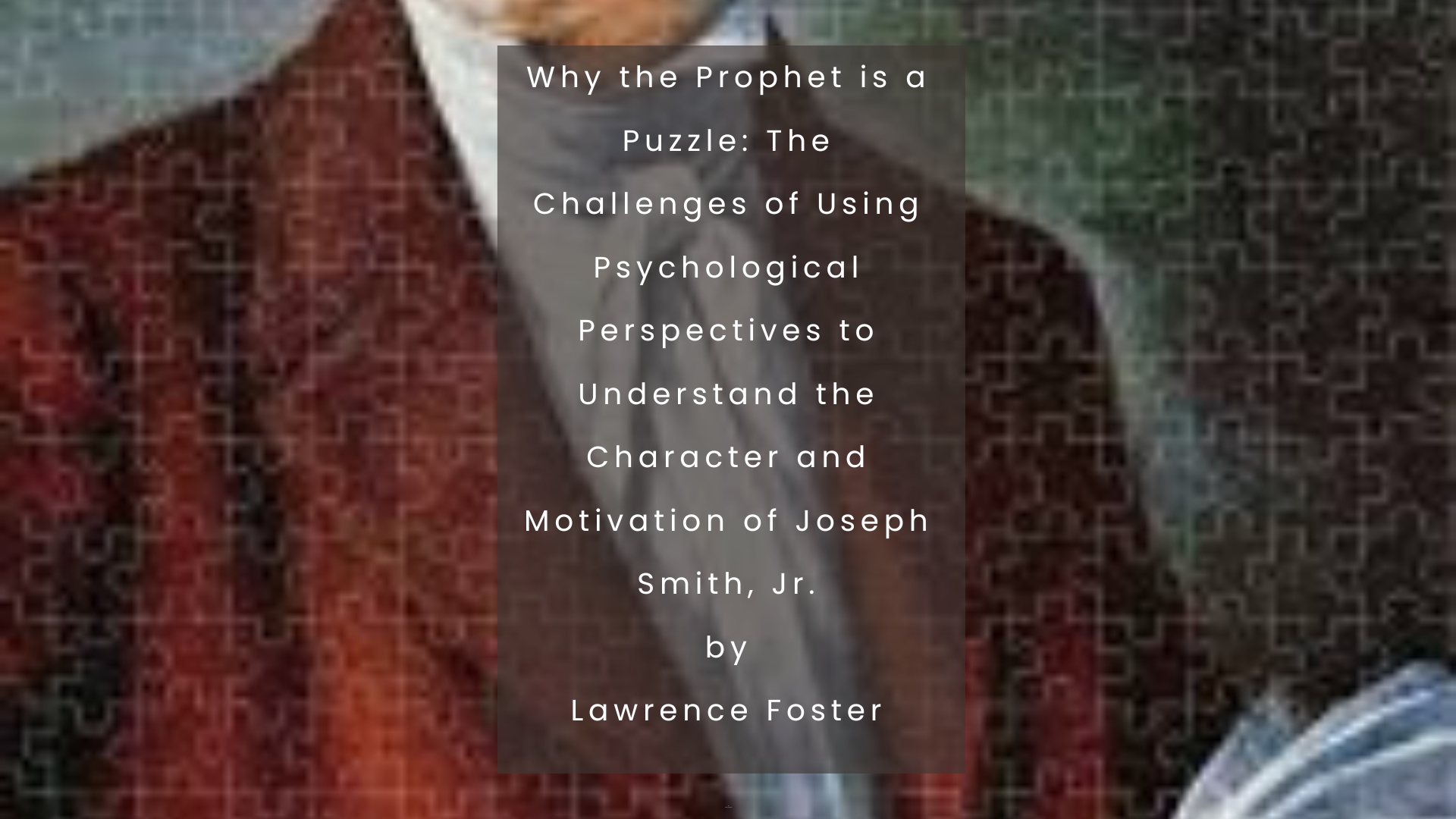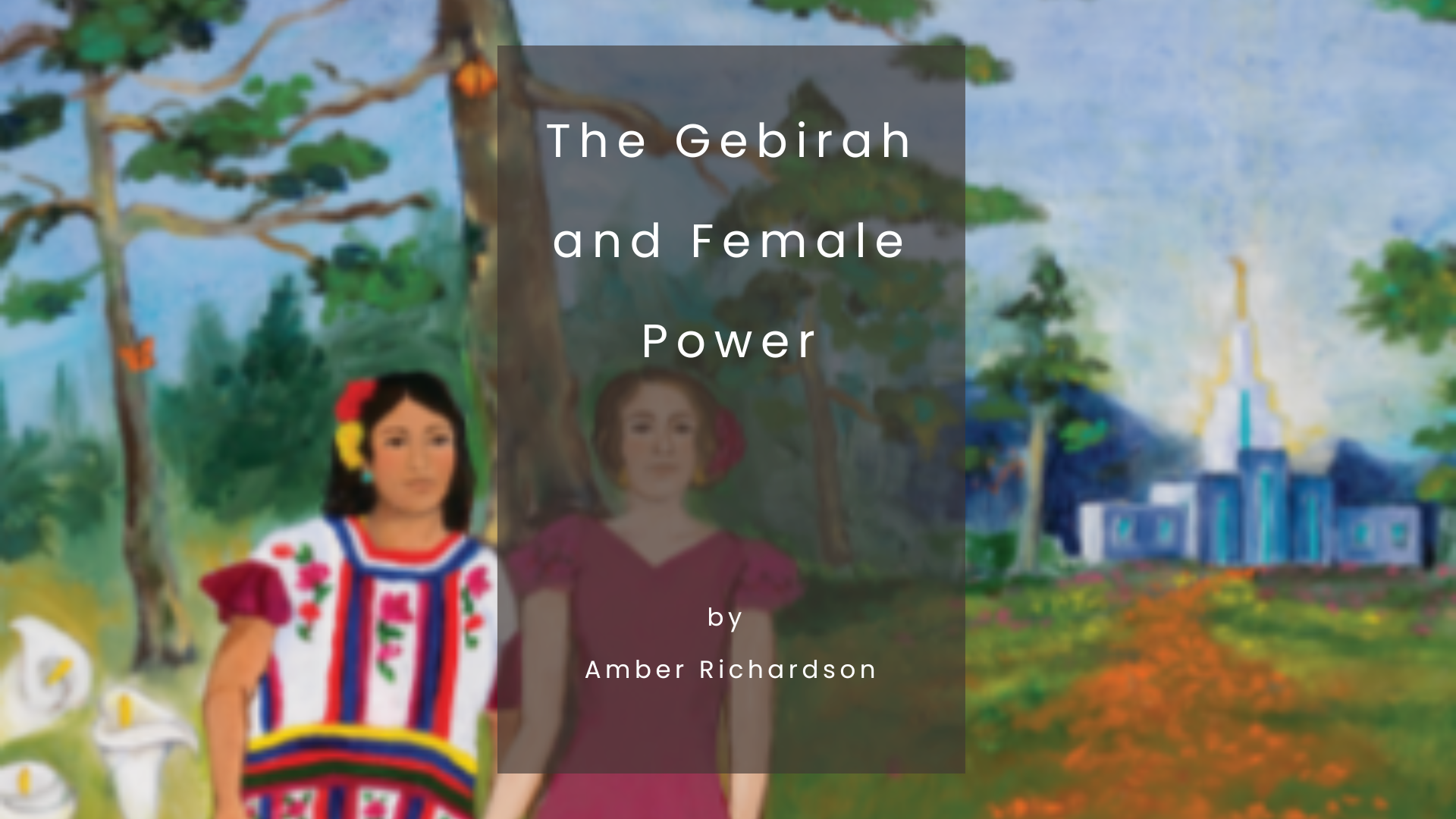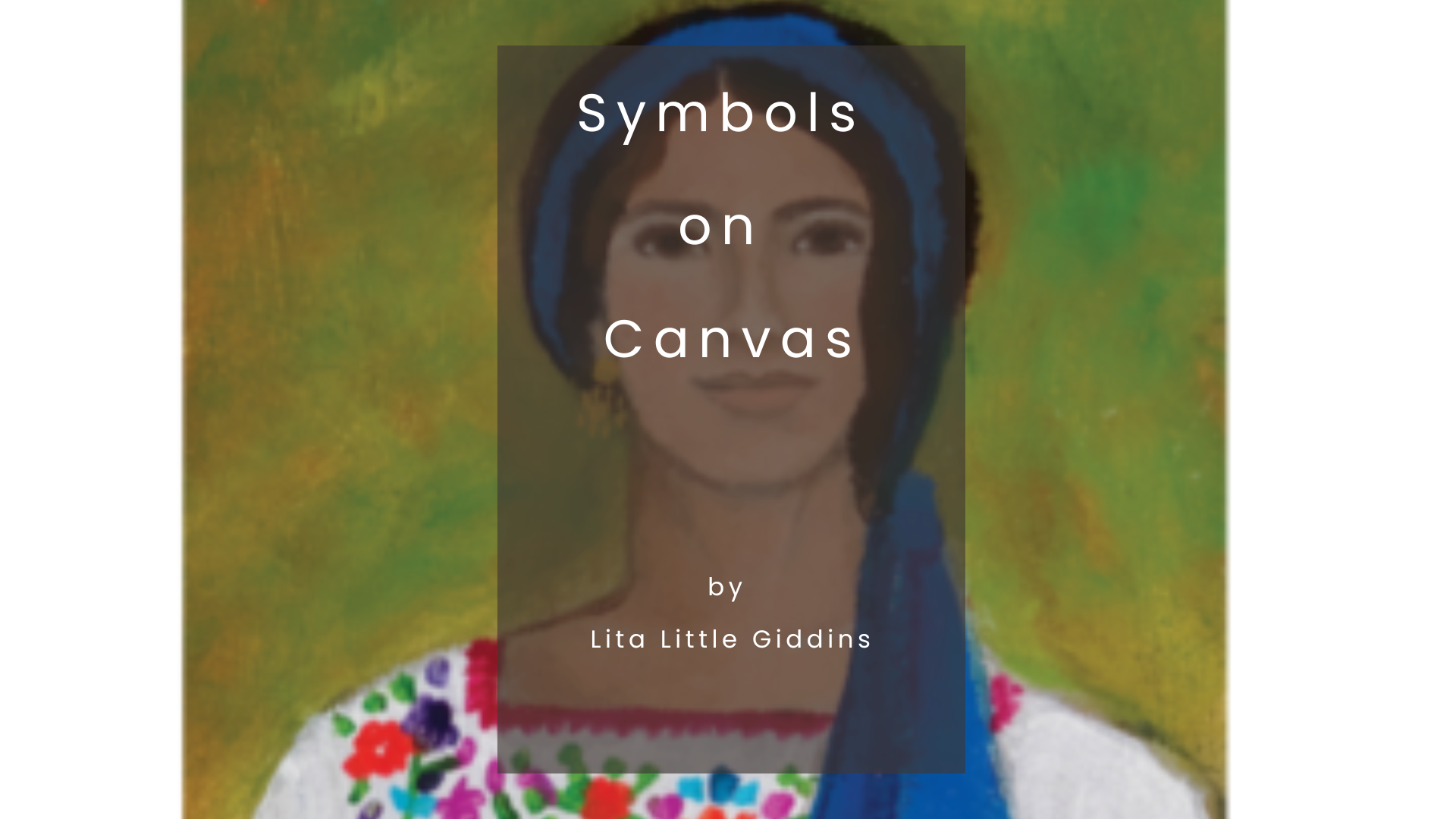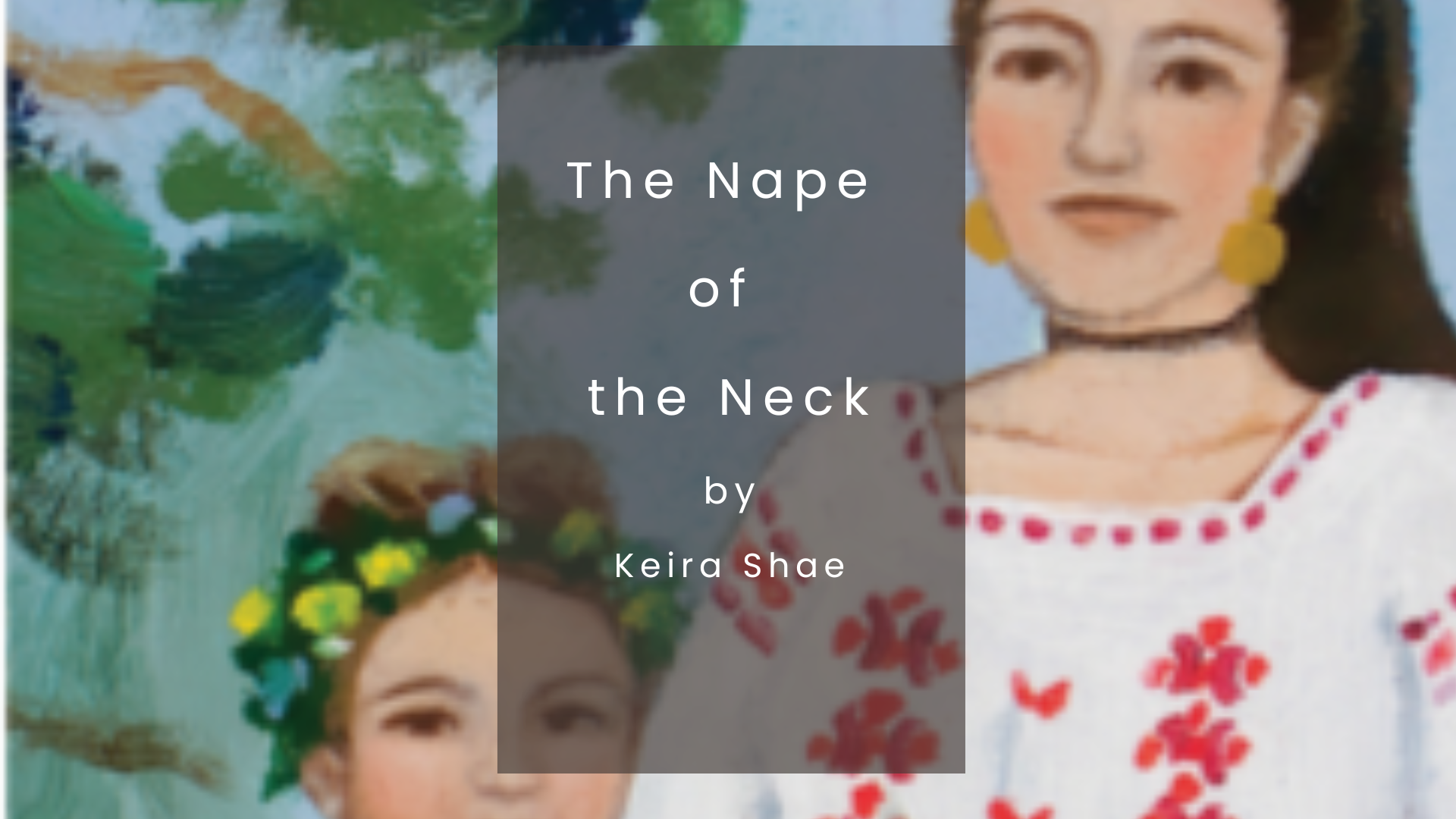What Size of City, and What Sort of City, Could (or Should) the City of Zion Be?
August 26, 2020At a session of general conference in 1949, Elder John A. Widtsoe shared an interesting message with the assembled Saints—a message that contained, so far as I have been able to discover, the strongest agrarian sentiment ever formally expressed by a major Church leader in the whole history of the LDS Church:


